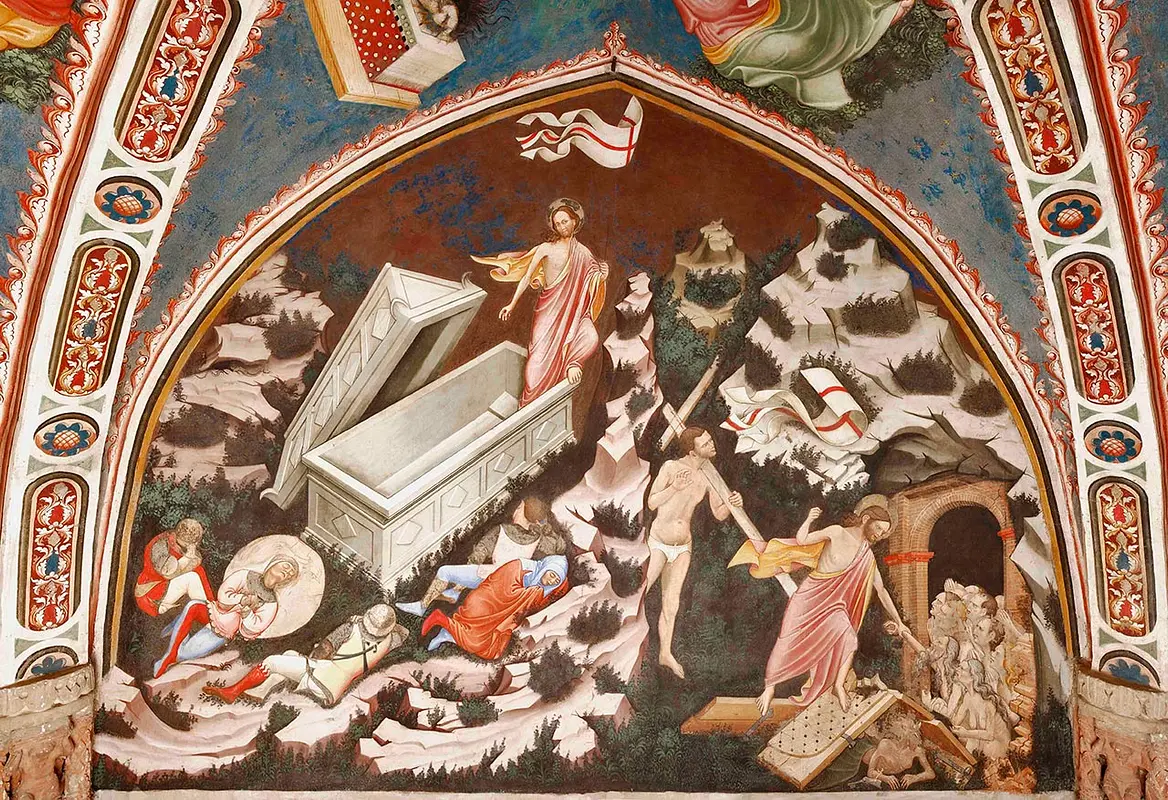

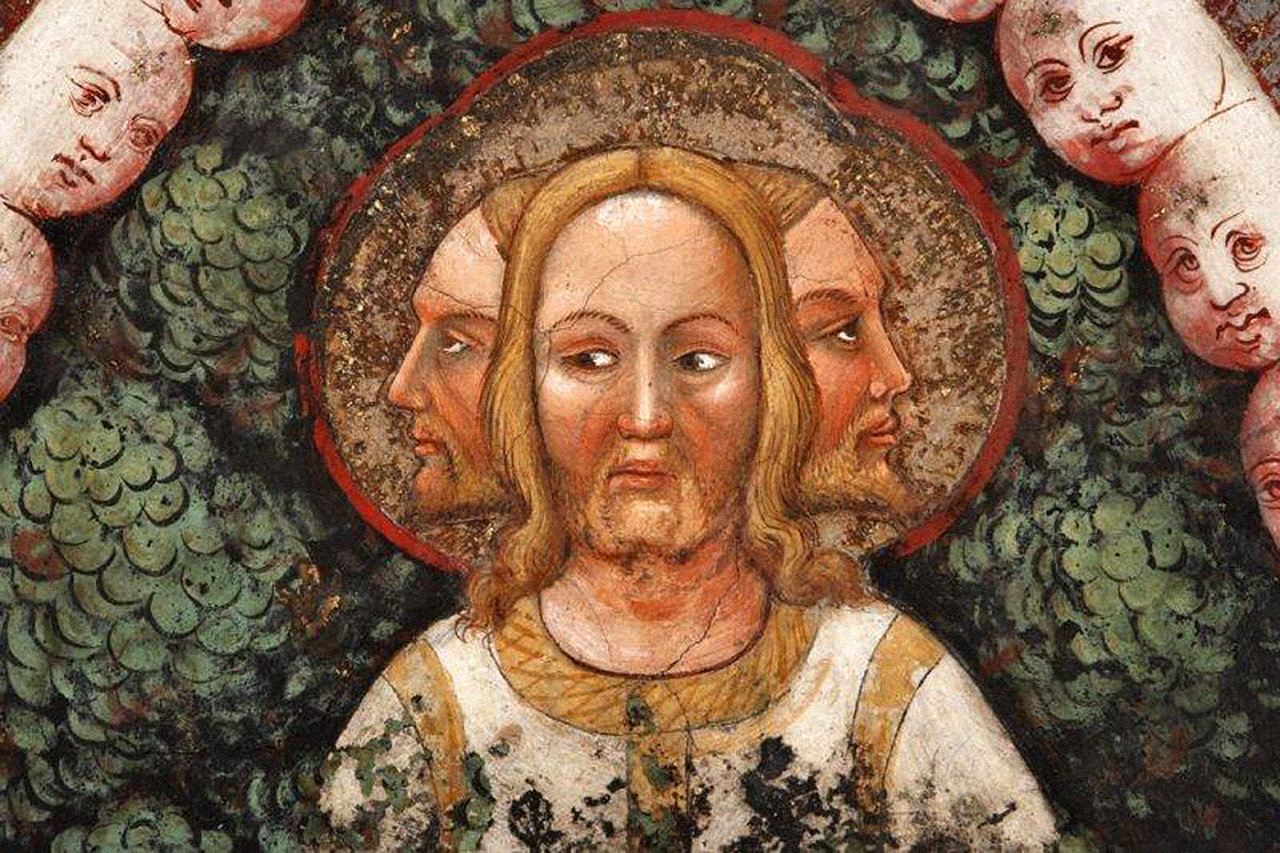
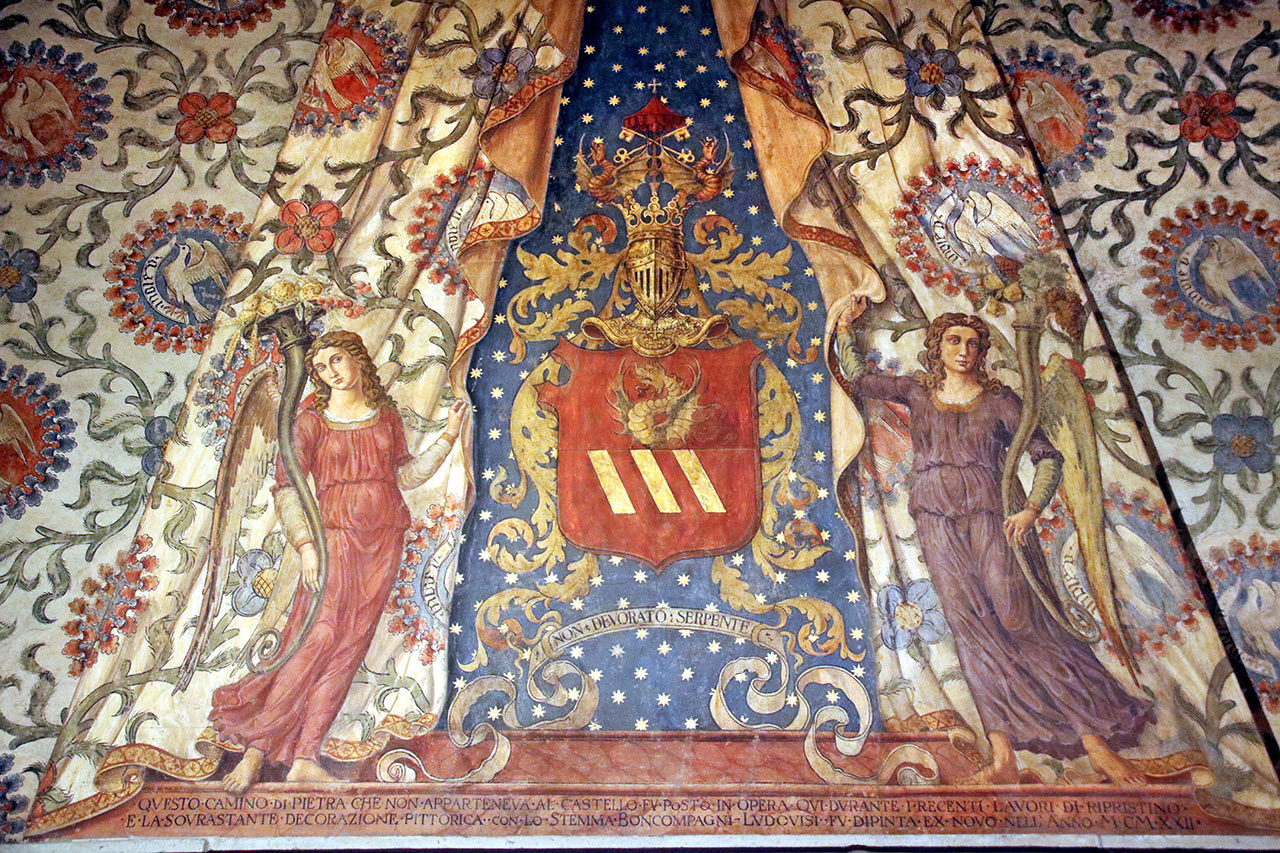
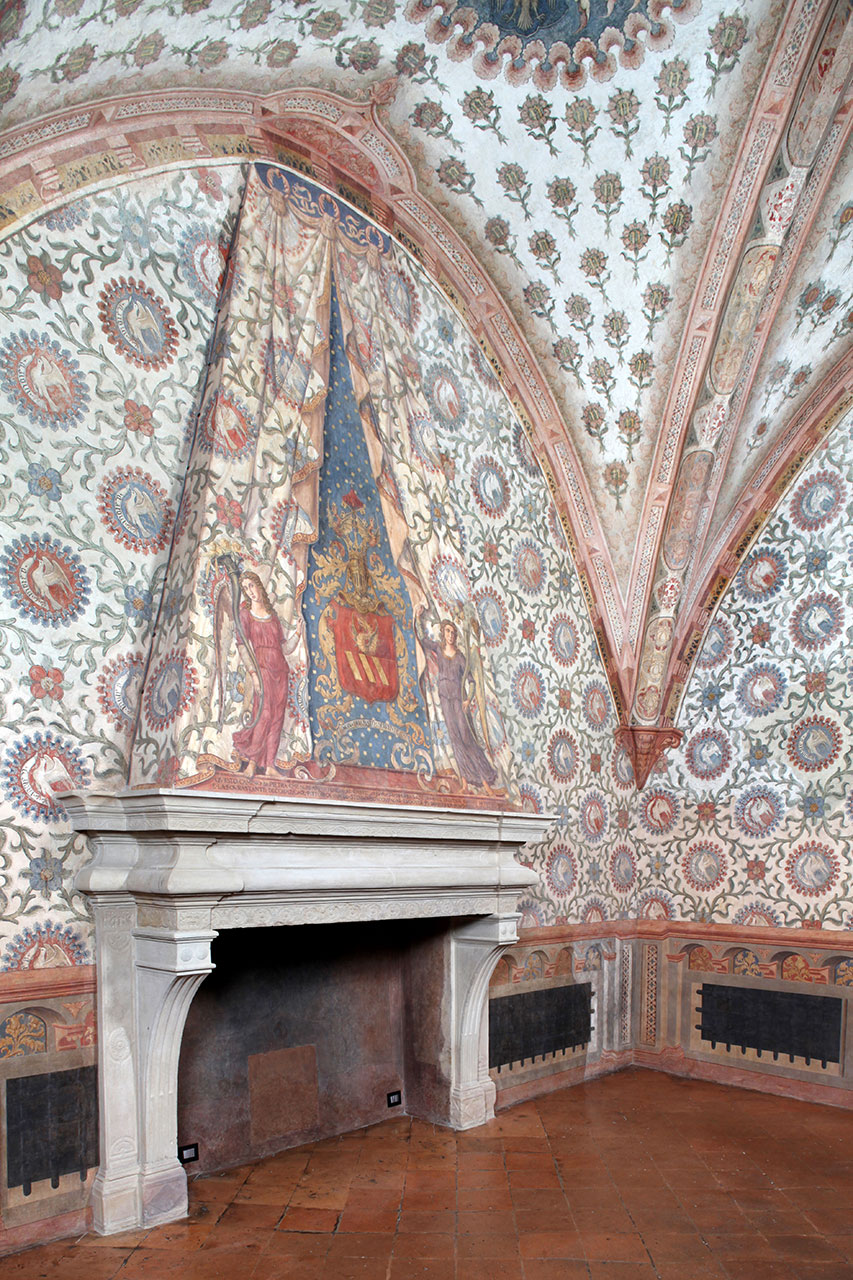
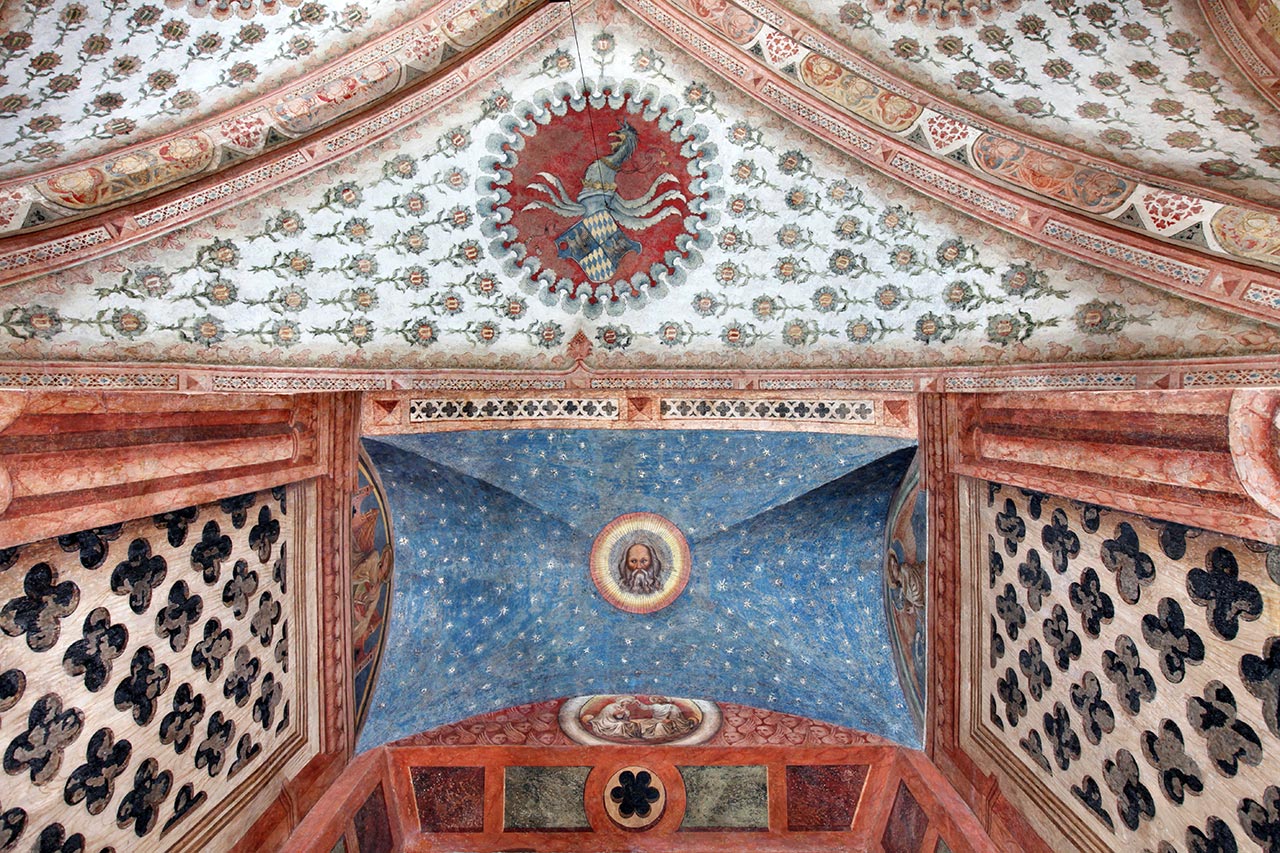
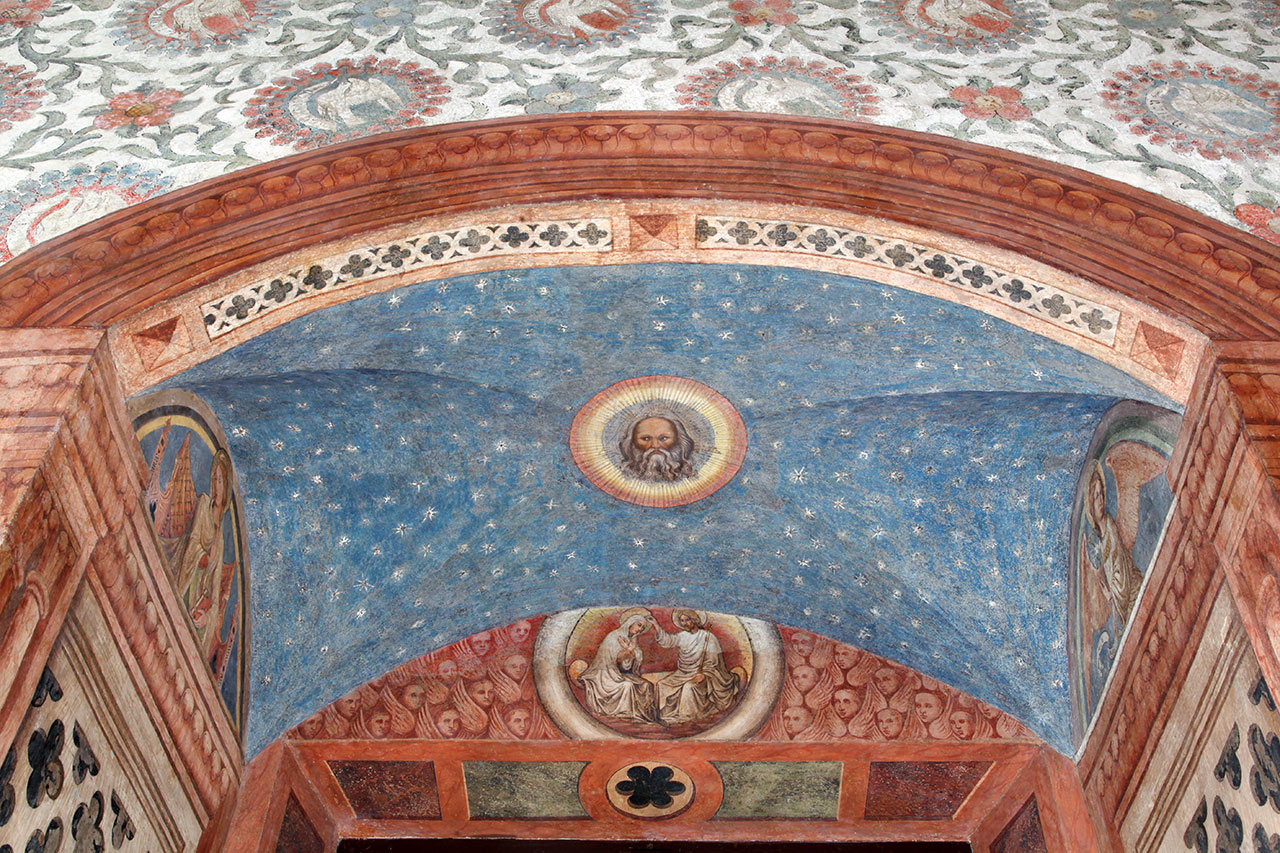
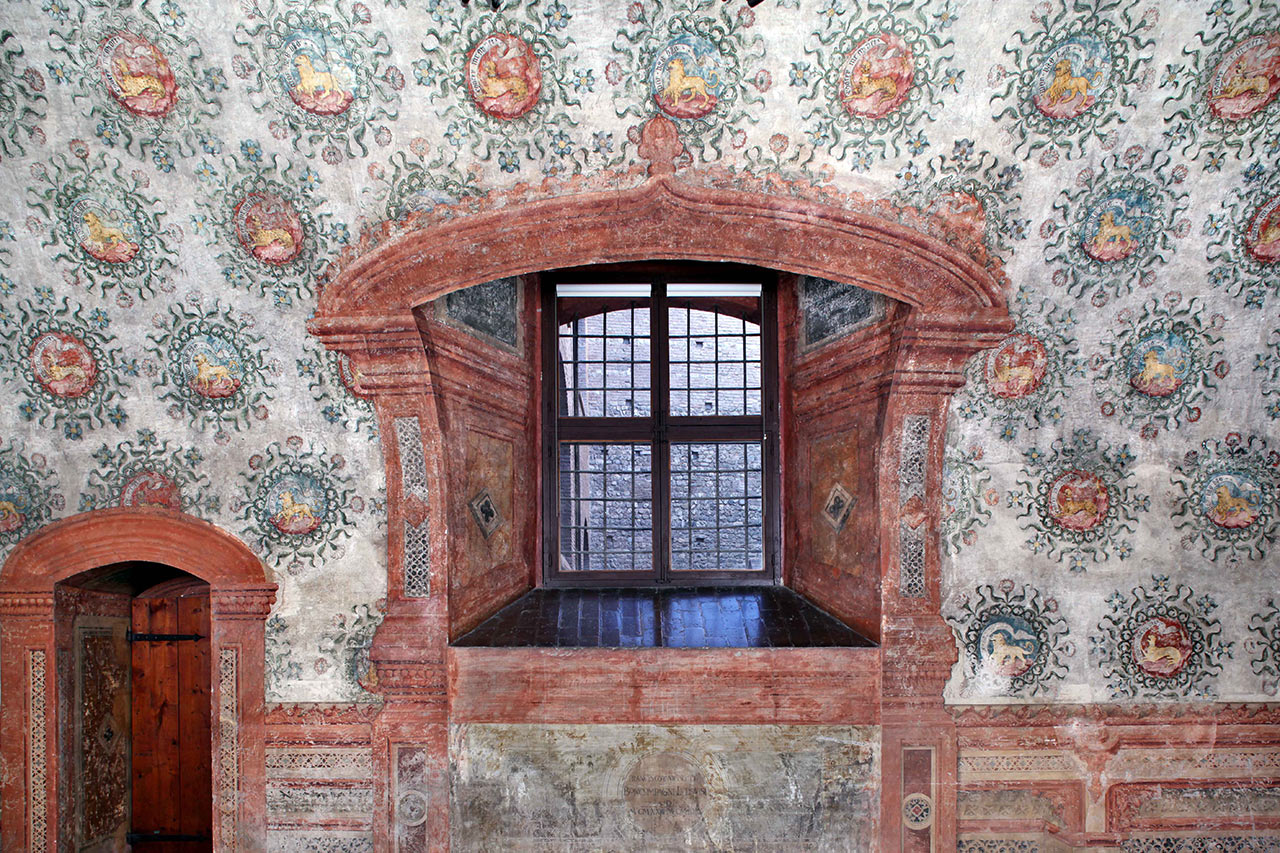
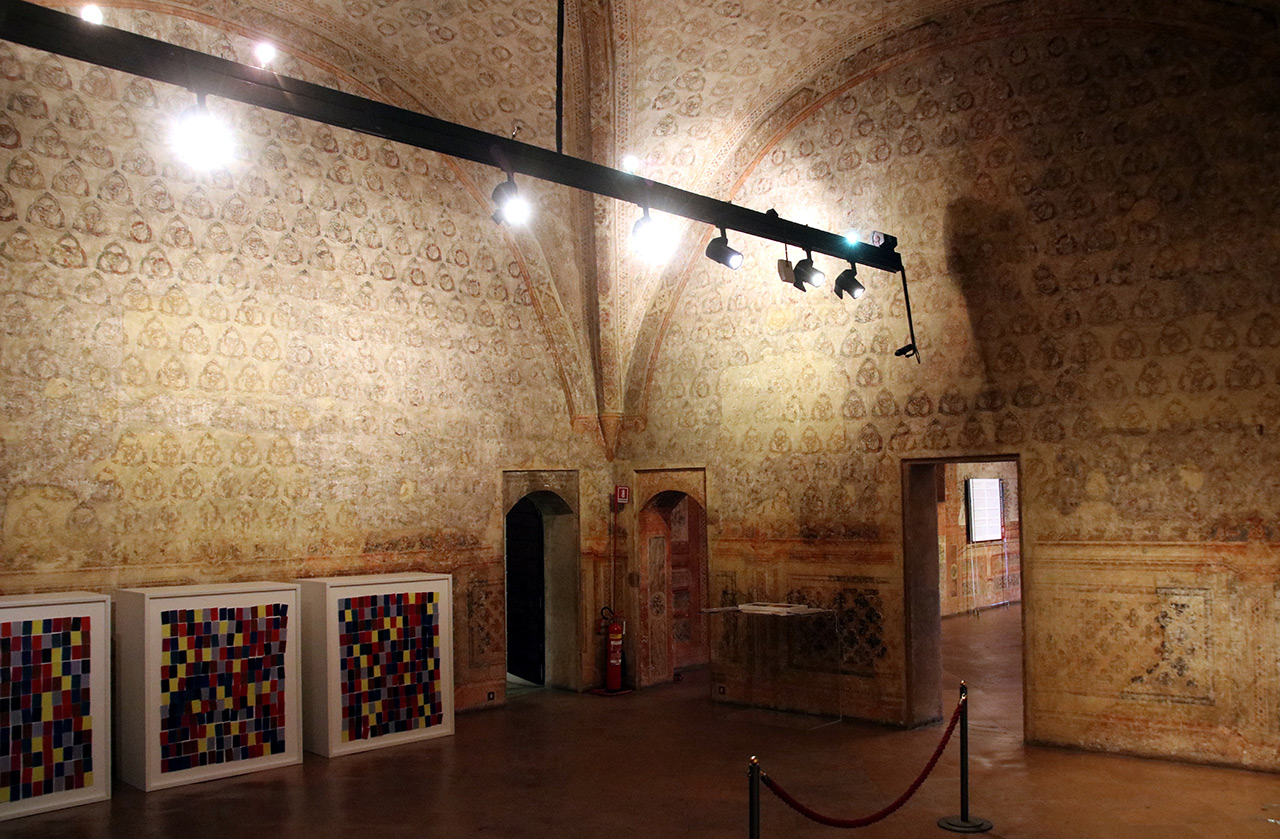
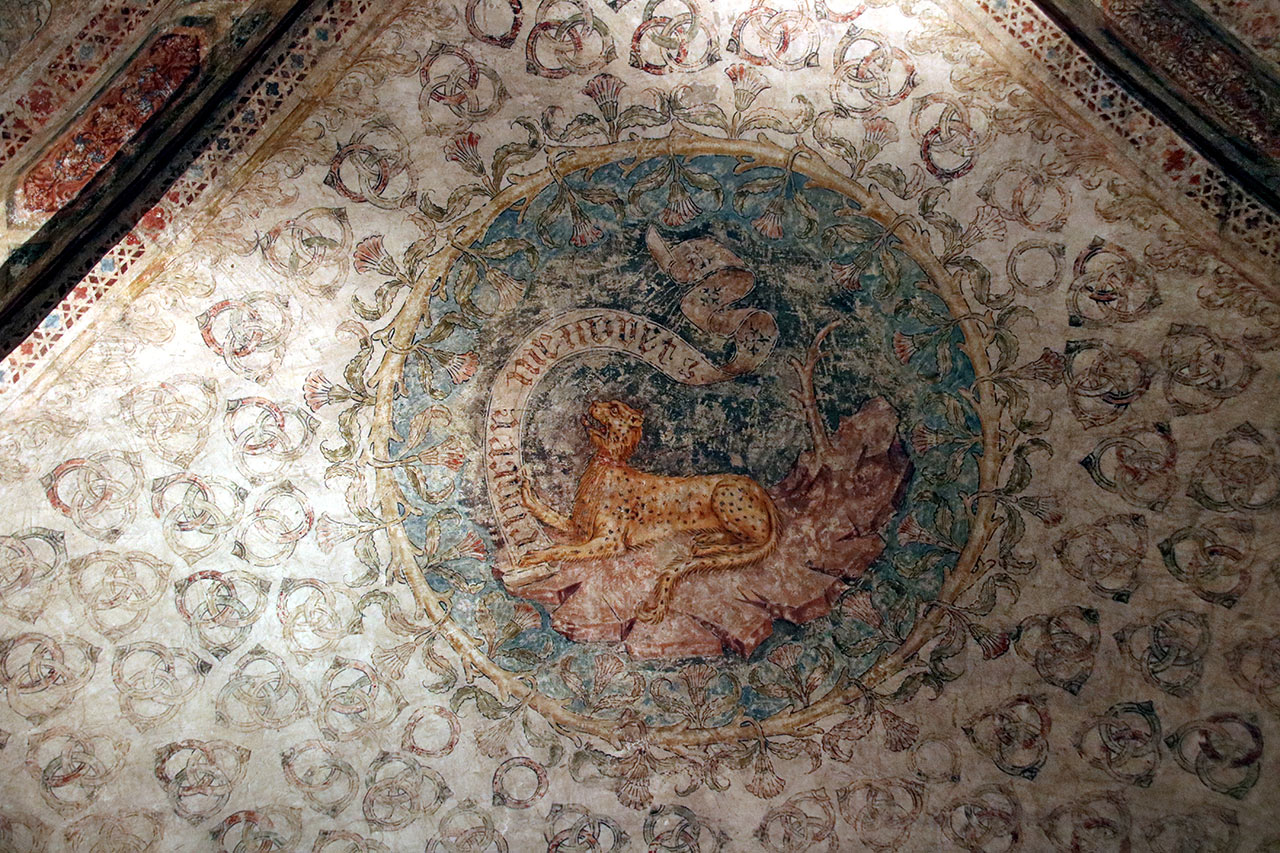
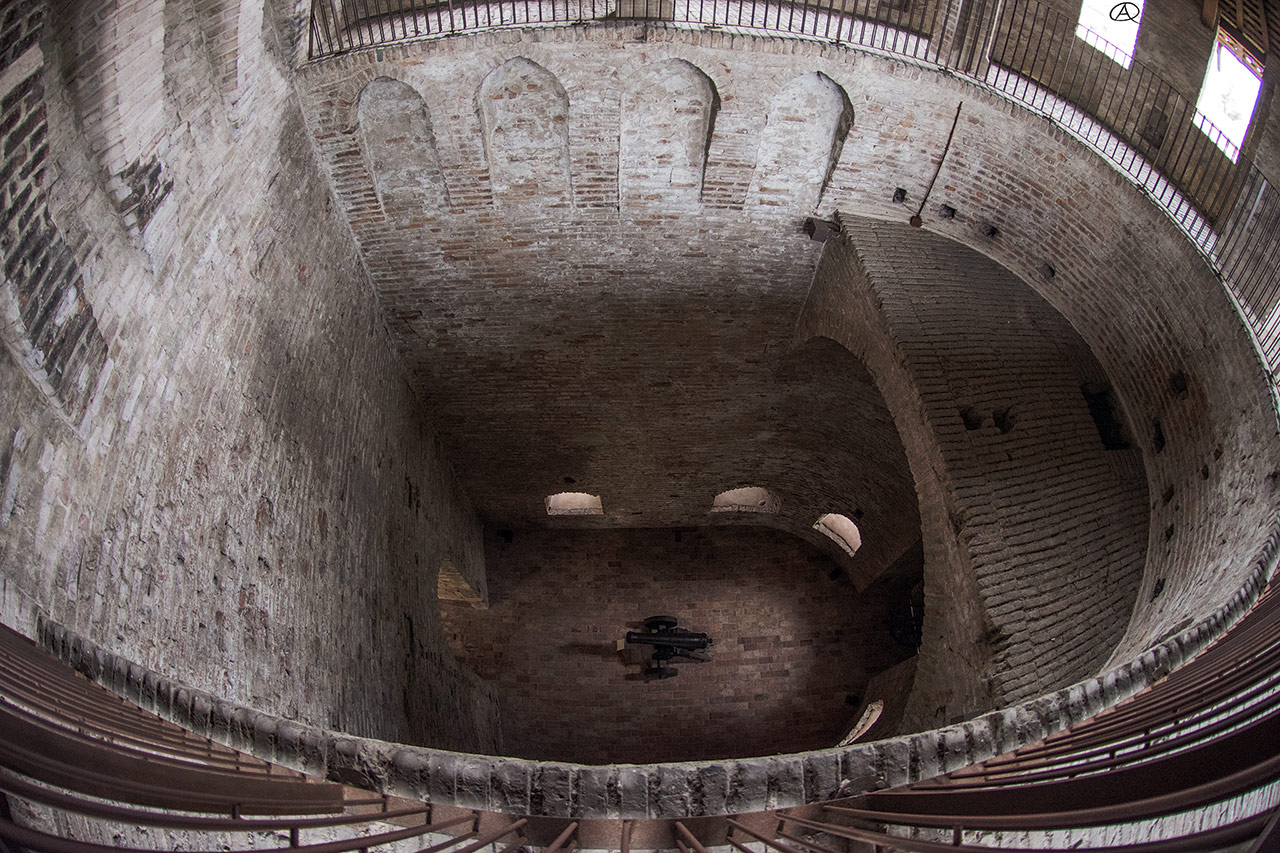
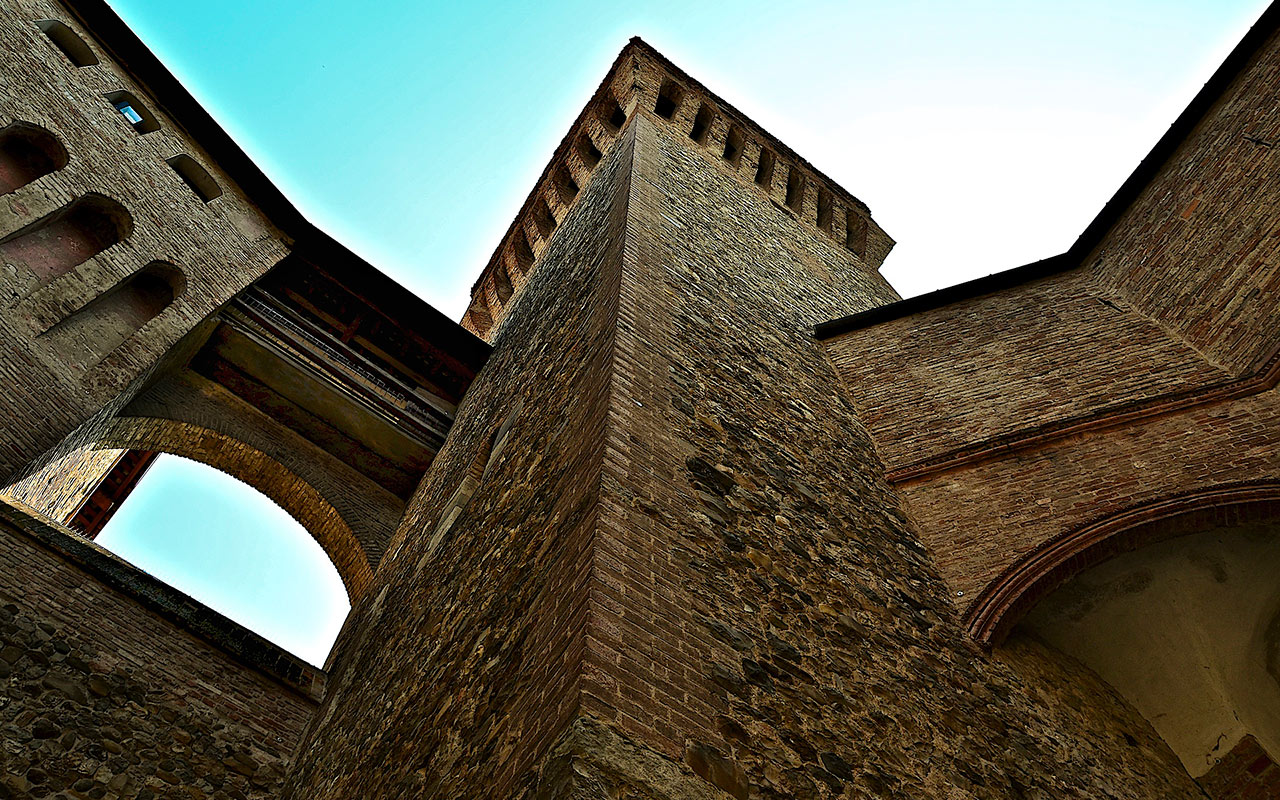
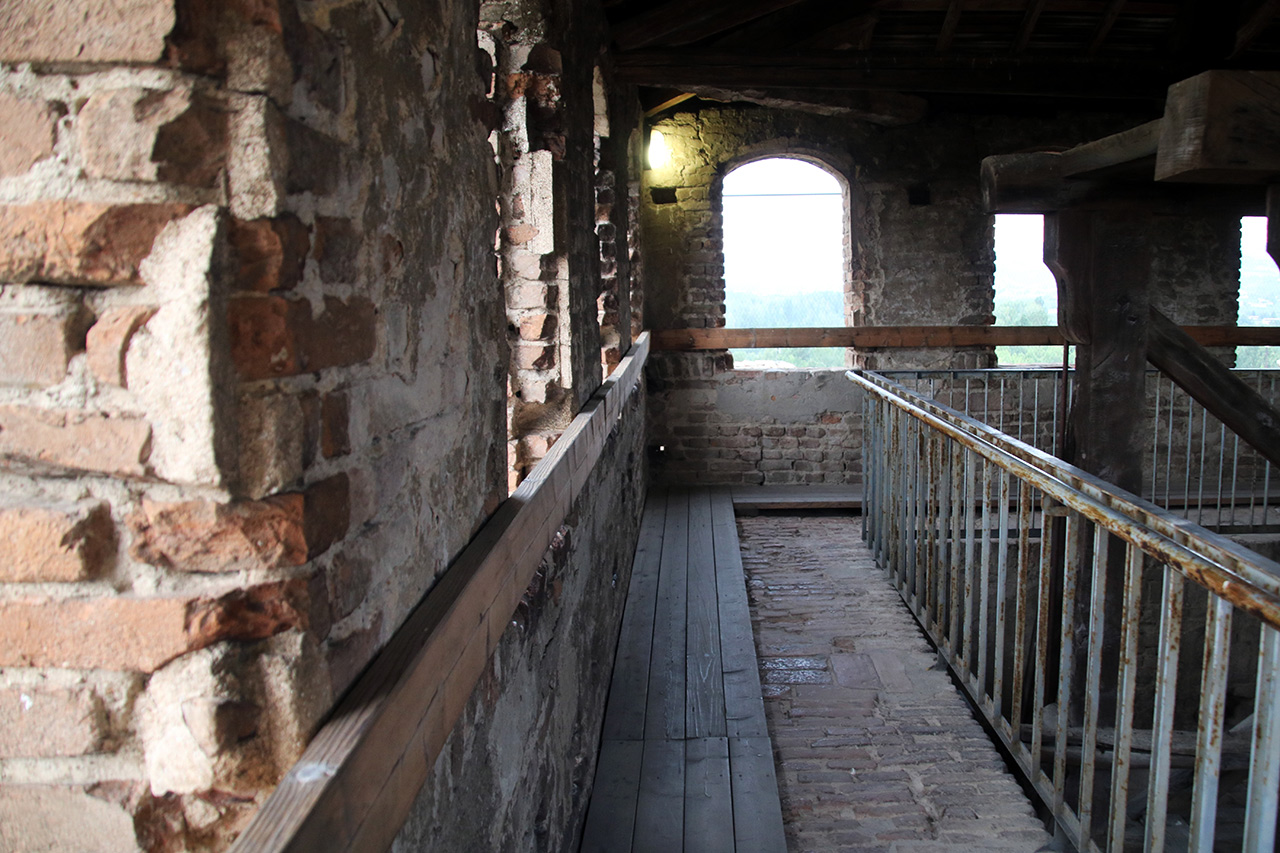
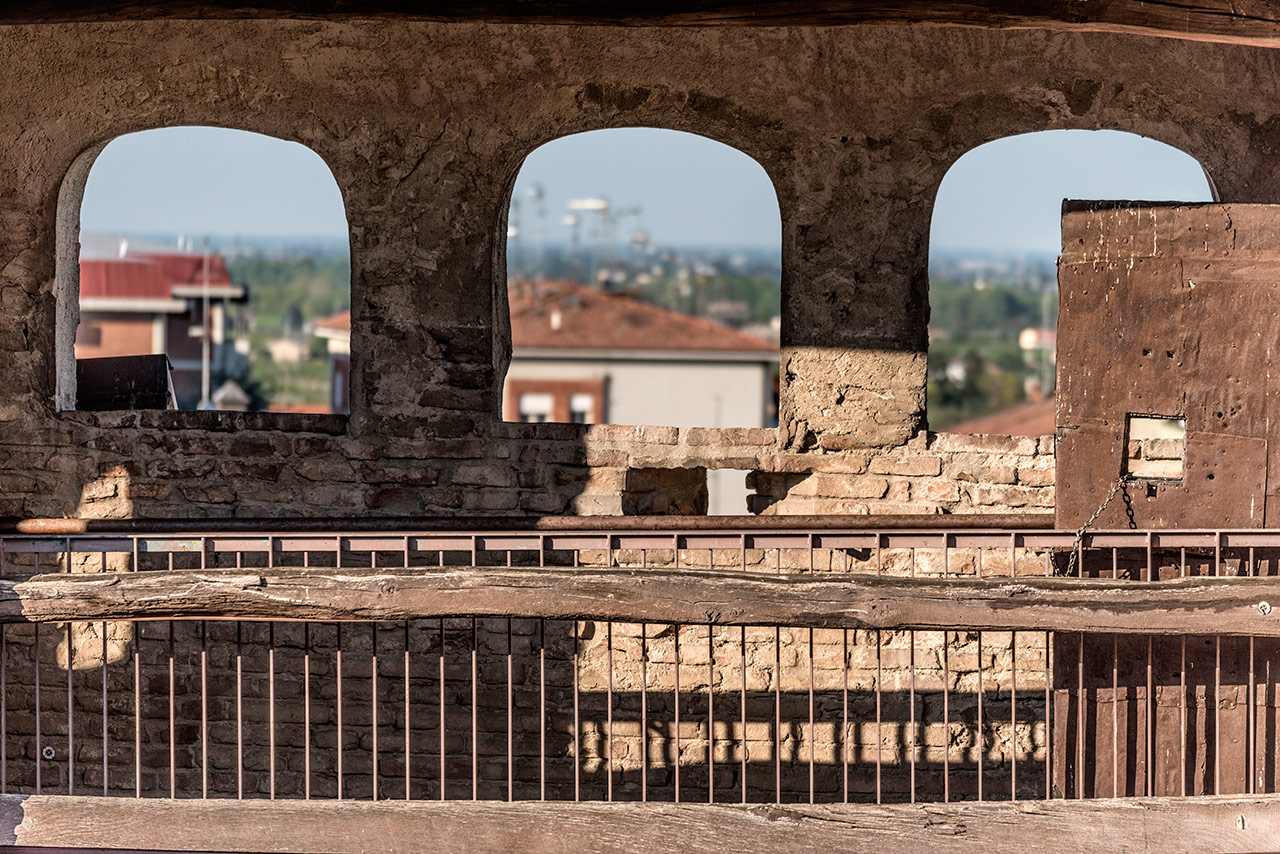
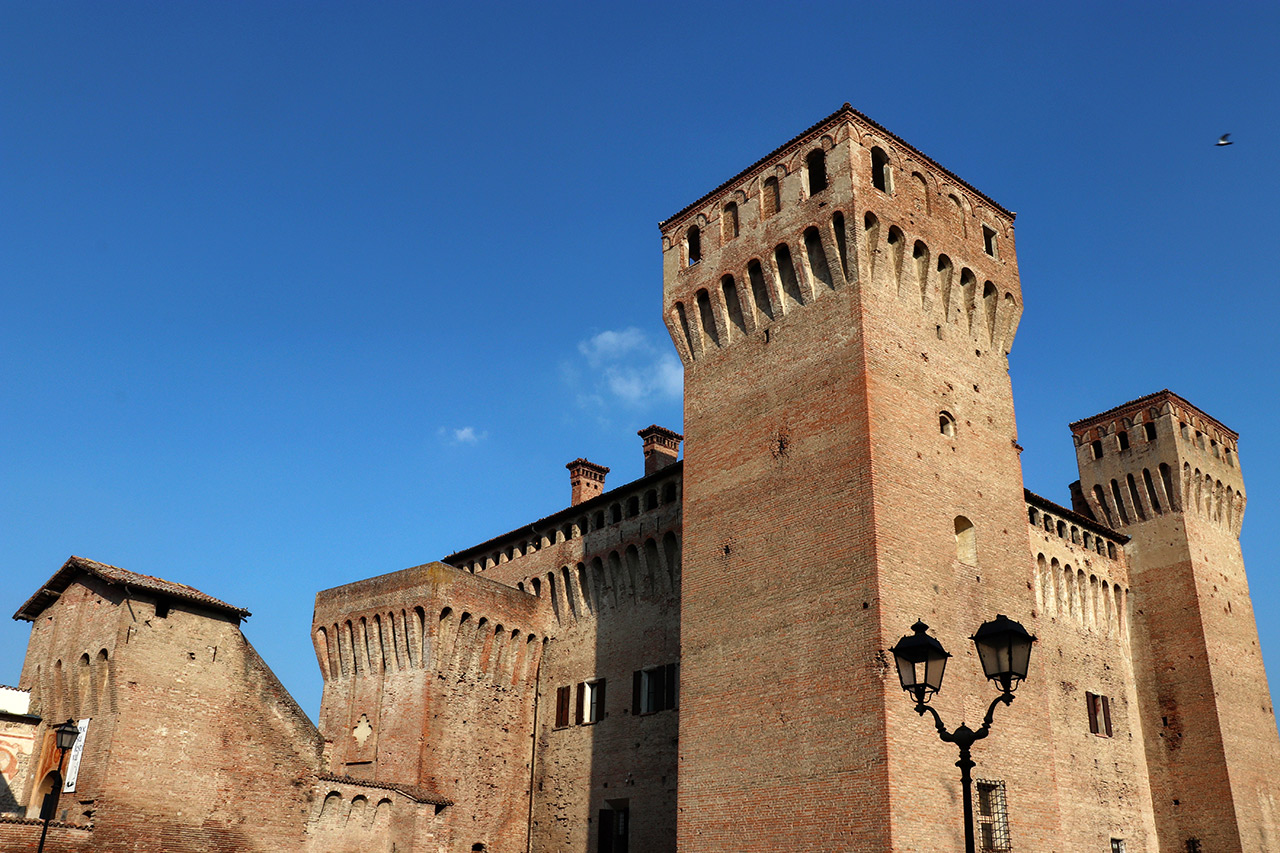
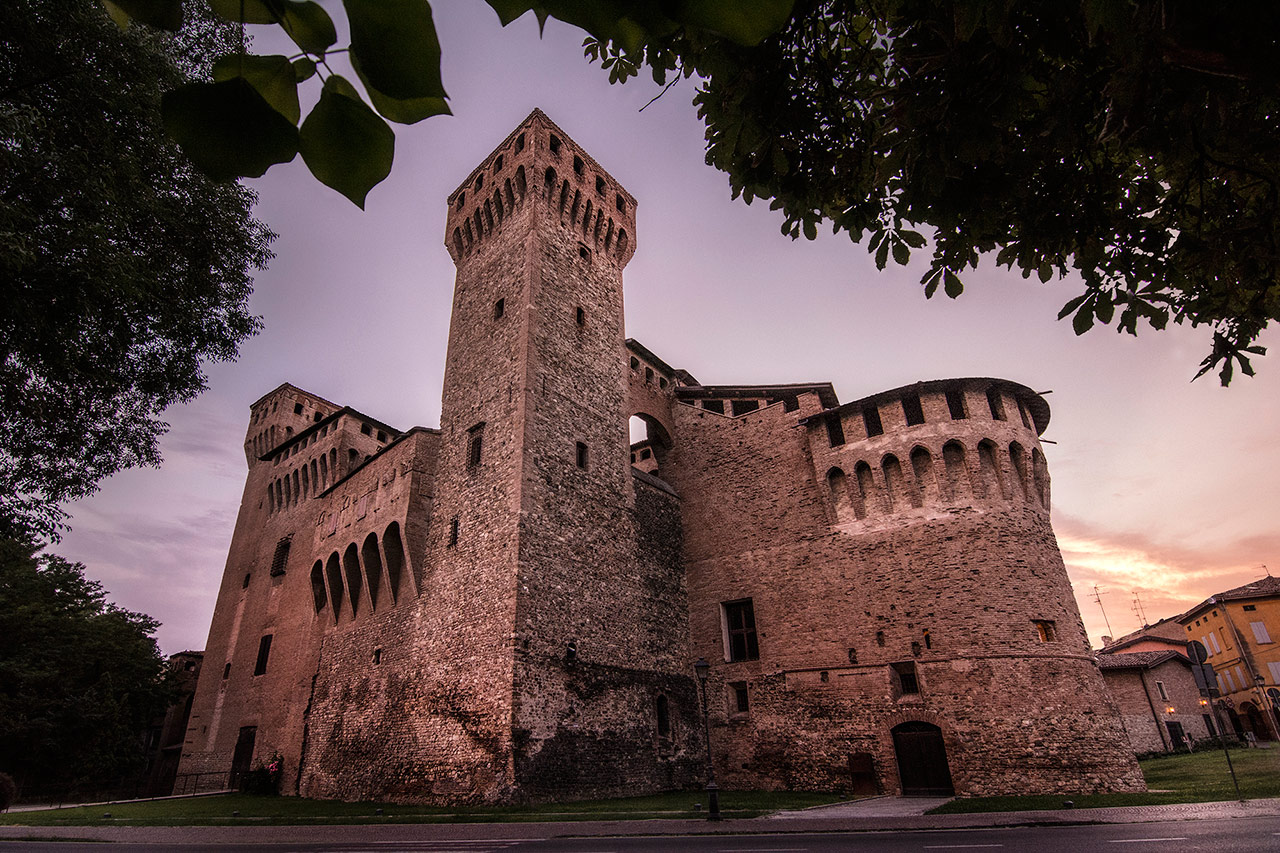
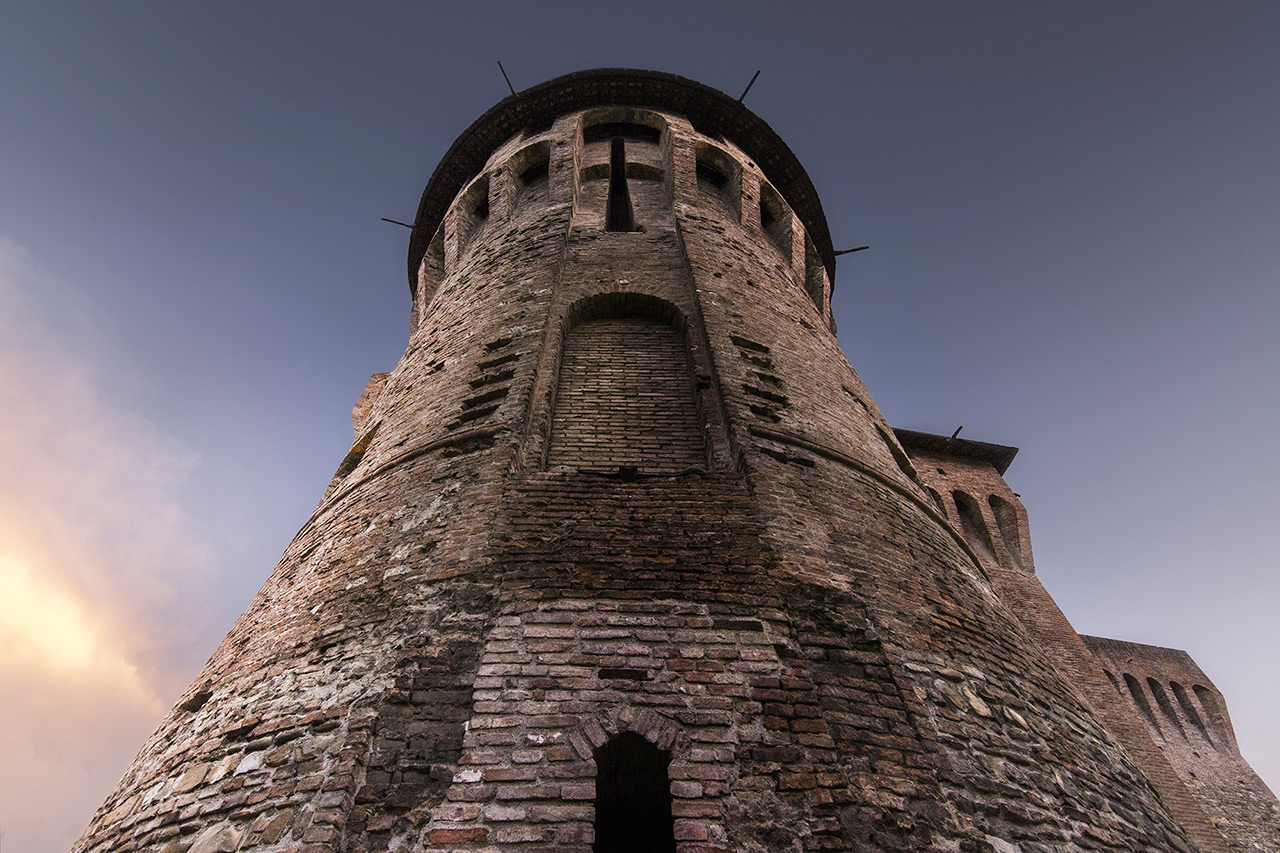

The Fortress of Vignola
An amazing journey into the heart of Vignola's history



Where

What it is and where it is
The Rocca di Vignola is an imposing castle building (manor) formed by articulated defensive structures that protect a refined stately home. A variety of shapes and volumes intertwine and merge in the embrace of walls garrisoned by three towers known as Nonantola, del Pennello and delle Donne, a ravelin, a moat, where the remains of the Mozza tower, the oldest (10th-11th centuries), can be seen, and by a bastion, called La Rocchetta. However, everything is harmonized in the balanced integration between the stones from the nearby Panaro River of the oldest parts and the 15th-century brickwork that composes it in warm and persuasive tones.
Why it is special
Stepping inside, one is catapulted into distant eras that bear the seal of the Contrari lords and their friendship and alliance with the Este family. The rooms that can be visited, dating back to the Contrari period (1401-1577), are spread over several levels of the castle: ground, first and second floors, and each one brings back to a different sphere of life in the 15th and 16th centuries, the public, the private, and the service. The tale is made more vivid than ever by the many frescoes that delicately evoke the courtly culture, politics, and spirituality of the time. In particular, it is worth admiring the cycle painted by a great and still unknown artist dedicated to the Stories of Jesus and Mary in the Contrari Chapel, a jewel of late Gothic art of the Po Valley, very well preserved with the vivid original colors.
Not to be missed
Not only the opulent rooms, even the walkways, once uncovered and traversed by sentries, provide excitement: protected by the mighty walls and arches facing outward, one walks above the rooftops of the city, pushing one's gaze beyond its borders over the Upper Modenese Plain, the upper Panaro Valley until one can see the highest Apennine peaks. The landscape expands, offering a unique 360-degree view if you climb to the top of the towers.
A bit of history
According to tradition, the construction of a fortified structure in this area dates back to the 8th century, but the first document attesting to the existence of the Rocca dates back to 1178. In 1247 the structure was set on fire, and it was Gherardo Grassoni who rebuilt it and settled there. His family remained there until 1331. In 1401, the Este family entrusted the fortress to Uguccione Contrari, who had the castle building transformed from a military fortress to a structure for mixed military/civilian use, enlarging it with the construction of a refined mansion. In 1965, the Boncompagni Ludovisi family, who had taken over ownership of the Vignola fief from the Contrari in 1577, transferred ownership of the building to the local Cassa di Risparmio, which transferred it to the Vignola Foundation in 1998.
Trivia
There would be much to tell about each of the rooms in this majestic fortress, but perhaps one of the best preserved and most striking rooms is the Hall of the Doves with 227 doves, symbols of Christ's Resurrection, taking flight. The ceiling sails depict the coats of arms of knighthood of Uguccione Contrari and Nicolò III d'Este. The religious theme that dominates the room is complemented by the depiction of the Annunciation, the Coronation of Mary and God the Father, visible in the splay of the large window.
Enter the Map of Italy's Undiscovered Wonders and find treasures where you least expect it... Inspire, Recommend, Share...
Collections
The Map thanks:
In the Community
Enter the Map of Italy's Undiscovered Wonders and find treasures where you least expect it... Inspire, Recommend, Share...
Where

Collections

